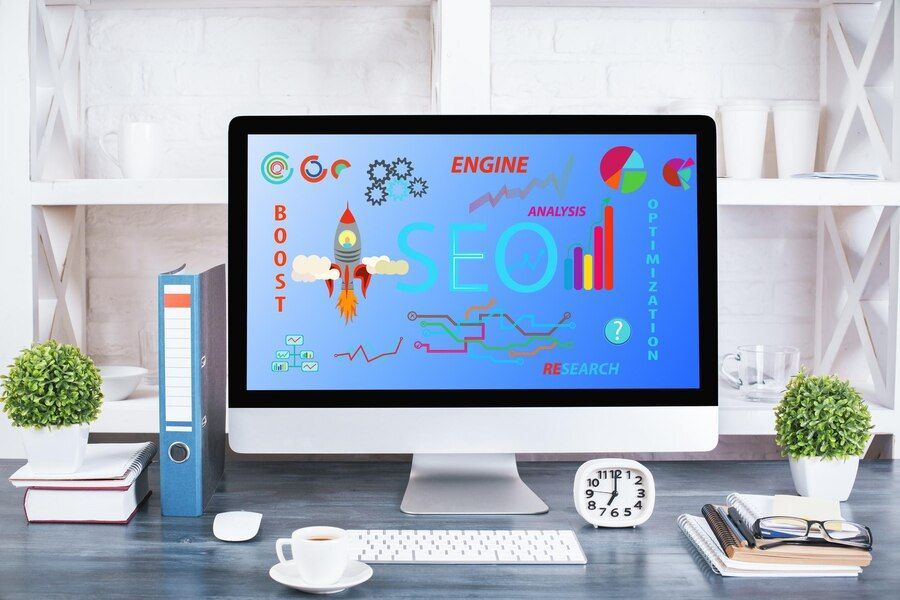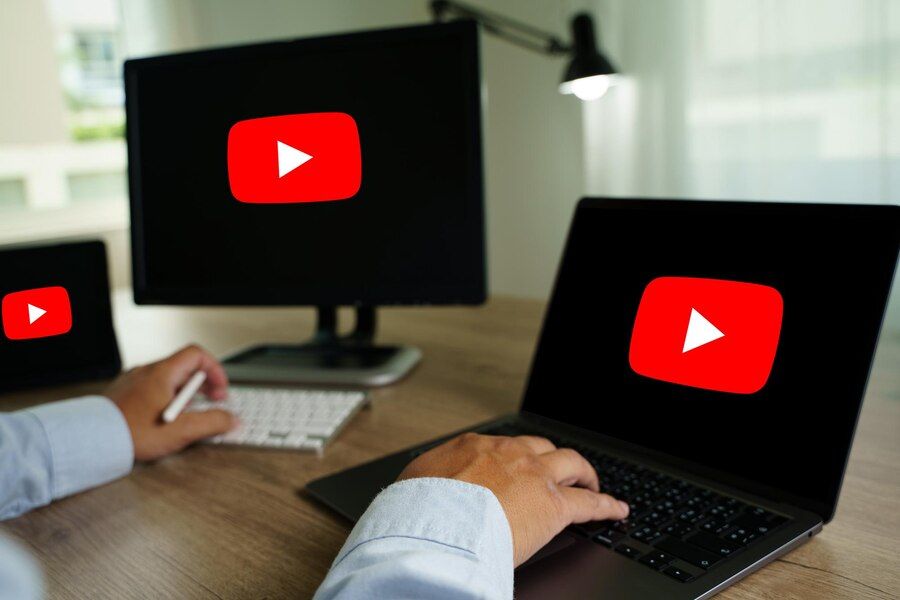BLOG
There are many common technical SEO problems that you can encounter. These errors can negatively impact your website's SEO and the user experience. Some of these problems include broken links, missing alt text, and slow loading speed. Learning how to fix these issues is important if you want to increase your site's traffic.
Broken links
Broken links can affect your page ranking and user experience by preventing users from accessing important information on your site. These links also reflect poorly on your content quality. The best way to address this problem is to conduct regular site audits. If you have many broken links, you should consider using internal link analysis to detect and fix them.
Technical SEO is closely tied to your website performance and content. For instance, a blog post may drive thousands of visitors, but it can't be accessed or indexed if there are broken links. In addition, orphaned blog posts aren't indexed. In the modern world, search engines look for various factors when ranking websites, including the site speed and mobile-friendliness. Get seo services from San Diego Digital Marketing Agency
Schema markup
One common technical SEO problem is not using structured markup in your HTML website. This can lead to penalties in search engines. In most cases, the problem is based on wrong implementation of the markup. Google picks snippets based on how your site is structured, so implementing it correctly can help your listings rise above the rest.
Schema markup is an HTML markup that allows search engines to interpret the meaning of your webpage. This helps your content qualify for enhanced search results, or rich snippets. These results appear in Google and Bing's SERPs. While this doesn't immediately improve rankings, it can help your website get more traffic and click-through rates.
Query strings
A common technical SEO issue is not ensuring your page's URL parameters are optimized for search engine visibility. These parameters are the part of the web page address that includes a parameter name and its value. These URL parameters are often used by e-commerce websites, and can cause indexing issues. They are also common on web pages that track session IDs or product category page filters. However, these parameters can be confusing to search engines and waste crawl budget.
Most search engines use a variety of factors to rank websites. If you have a website that has a lot of dynamic parameters, you should consider implementing a static URL where applicable. Alternatively, you can rewrite server-side addresses and implement a 301 redirect.
URL variables
One of the most common technical SEO issues is duplicate content. This is an ongoing problem with many websites and can affect your search engine rankings. Fixing this problem can help you improve the performance of your website and maximize your ROI. Luckily, most of these issues are simple to fix.
URL parameters are strings that are appended to a web page's address to allow search engines to understand the content. Search engines tend to give more weight to URLs that are short and easy to read. On the other hand, lengthy, parameter-packed URLs are more difficult to interpret. Incorrectly configured URL parameters can lead to a number of issues, including duplicate content, keyword cannibalisation, and wasted crawl budget.
Broken links are another common technical SEO issue. These can negatively impact a website's ranking and user experience. Broken links can be identified using Google Search Console or by hiring a professional SEO consultant. Other common technical SEO mistakes include failing to add alt tags to images. These provide textual descriptions of images on a website, and are particularly important for image-heavy sites.
Slow page loading
Having a website with a slow page loading time can cause problems for your users and hurt your SEO efforts. Fortunately, this problem is easy to fix. Google considers page speed one of the most important factors when determining your Google ranking. In addition, it also impacts metrics like bounce rate and user experience. In fact, a recent study shows that even a hundred millisecond delay in page loading can lead to a 1% drop in sales.
Slow page loading affects your user's experience, which is why you should work to speed up your site. According to Google, "the time from first byte to page load time is a ranking signal." This means that if your site is slow, you may not have the best SEO. In addition, it's important to remember that the faster your page loads, the higher your page rank will be.
Our Service Locations
Starting in 2009 with only one customer, we’ve expanded into a full-blown digital marketing agency providing outstanding services to thousands of companies.
Our Top Services
Technology
All Rights Reserved | Social Cali










